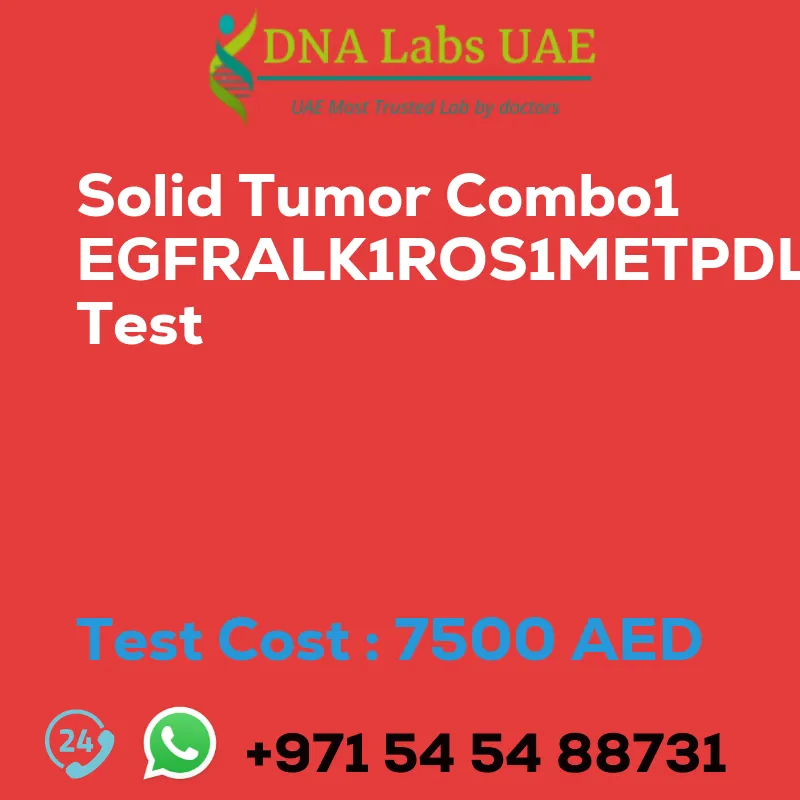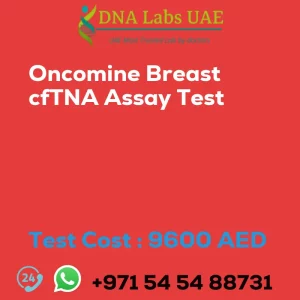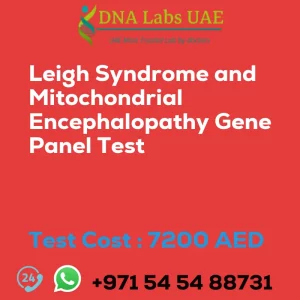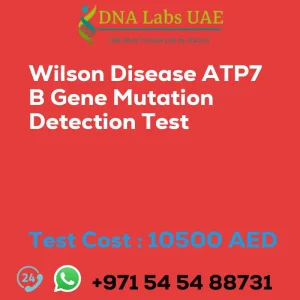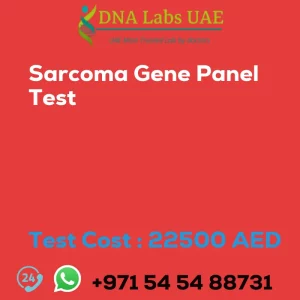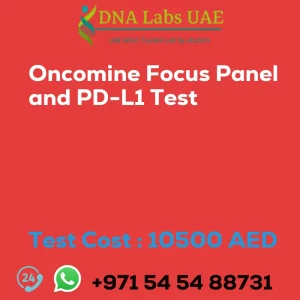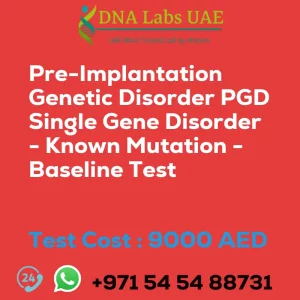Solid Tumor Combo1 EGFRALK1ROS1METPDL1 Test
Test Name: Solid Tumor Combo1 EGFRALK1ROS1METPDL1 Test
Components: Paraffin embedded tissue blocks
Price: 7500.0 AED
Sample Condition: Tumor tissue
Report Delivery: 5-7 days
Method: FISH, Sanger Sequencing, IHC
Test Type: Genetics
Doctor: Oncology
Test Department: Pre Test Information
Solid Tumor Combo1 EGFRALK1ROS1METPDL1 Test can be done with a doctor’s prescription. Prescription is not applicable for surgery and pregnancy cases or people planning to travel abroad.
Test Details
This combination of solid tumor targets includes EGFR, ALK1, ROS1, MET, and PDL1.
EGFR: Epidermal Growth Factor Receptor. Mutations in the EGFR gene are associated with certain types of cancer, including lung cancer. Targeting EGFR with drugs such as gefitinib or erlotinib can help slow or stop the growth of cancer cells.
ALK1: Anaplastic Lymphoma Kinase. ALK1 is a gene that can become fused with other genes in some types of cancer, such as non-small cell lung cancer. Targeting ALK1 with drugs such as crizotinib or alectinib can help shrink tumors in patients with ALK-positive cancer.
ROS1: C-Ros Oncogene 1. ROS1 is another gene that can become fused with other genes in some types of cancer, including non-small cell lung cancer. Targeting ROS1 with drugs such as crizotinib or entrectinib can help shrink tumors in patients with ROS1-positive cancer.
MET: Hepatocyte Growth Factor Receptor. Overexpression of MET has been associated with poor prognosis in several types of cancer, including lung cancer. Targeting MET with drugs such as crizotinib or cabozantinib can help slow or stop the growth of cancer cells.
PDL1: Programmed Death-Ligand 1. PDL1 is a protein that is expressed on the surface of some cancer cells and can interact with immune cells to suppress the immune response. Targeting PDL1 with drugs such as pembrolizumab or nivolumab can help activate the immune system to attack cancer cells.
Overall, targeting multiple pathways in solid tumors with a combination of drugs can improve treatment efficacy and reduce the risk of drug resistance.
| Test Name | Solid tumor Combo1 EGFRALK1ROS1METPDL1 Test |
|---|---|
| Components | Paraffin embedded tissue blocks |
| Price | 7500.0 AED |
| Sample Condition | Tumor tissue |
| Report Delivery | 5-7 days |
| Method | FISH,Sanger Sequencing,IHC |
| Test type | Genetics |
| Doctor | Oncology |
| Test Department: | |
| Pre Test Information | Solid tumor Combo1 EGFR,ALK1,ROS1,MET,PDL1] can be done with a Doctors prescription. Prescription is not applicable for surgery and pregnancy cases or people planing to travel abroad. |
| Test Details |
This combination of solid tumor targets includes EGFR, ALK1, ROS1, MET, and PDL1. EGFR (epidermal growth factor receptor) is a protein that plays a role in cell growth and division. Mutations in the EGFR gene are associated with certain types of cancer, including lung cancer. Targeting EGFR with drugs such as gefitinib or erlotinib can help slow or stop the growth of cancer cells. ALK1 (anaplastic lymphoma kinase) is a gene that can become fused with other genes in some types of cancer, such as non-small cell lung cancer. Targeting ALK1 with drugs such as crizotinib or alectinib can help shrink tumors in patients with ALK-positive cancer. ROS1 (c-ros oncogene 1) is another gene that can become fused with other genes in some types of cancer, including non-small cell lung cancer. Targeting ROS1 with drugs such as crizotinib or entrectinib can help shrink tumors in patients with ROS1-positive cancer. MET (hepatocyte growth factor receptor) is a protein that plays a role in cell growth and survival. Overexpression of MET has been associated with poor prognosis in several types of cancer, including lung cancer. Targeting MET with drugs such as crizotinib or cabozantinib can help slow or stop the growth of cancer cells. PDL1 (programmed death-ligand 1) is a protein that is expressed on the surface of some cancer cells and can interact with immune cells to suppress the immune response. Targeting PDL1 with drugs such as pembrolizumab or nivolumab can help activate the immune system to attack cancer cells. Overall, targeting multiple pathways in solid tumors with a combination of drugs can improve treatment efficacy and reduce the risk of drug resistance. |

